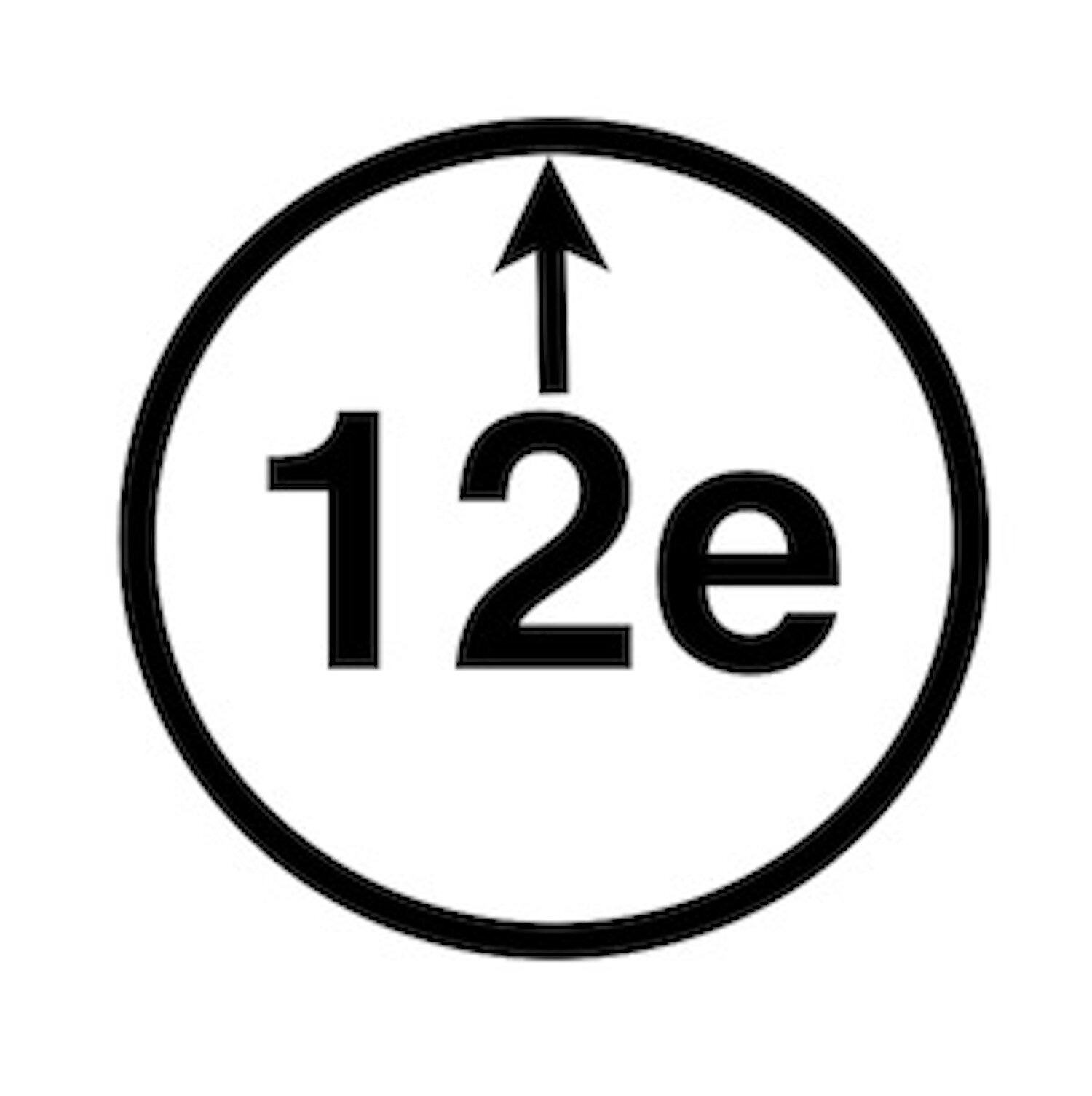Book Review - A Good Look at Evil, by Abigail L. Rosenthal
We cannot live without evil. We cannot work our way through the challenges of life, interacting with other people, engaging on the day to day without encountering some kind of evil in one way or another. While we may think of evil as a large, ominous presence, a devastating specter that looks to destroy all, a cartoonish devil, evil can and does occur in small and subtle ways. This is one of the aspects of Rosenthal’s book that is engaging and enticing, that evil is seen as that which gets in the way of the “good life.” Such a view of evil does not label one individual as completely fallen or looks to some kind of divine being constantly wrestling with a divine being of good in an eternal Manichaeism conflict. Evil is the moment that we all participate in that restrict others from living the good life. There are gradations of evil. There are levels of severity and part of our challenge is to minimize the evil we inflict on others as much as possible.
Rosenthal’s book is one of philosophy with is a blessing and a curse. In the realm of theology, when discussing the question of evil, minds immediately turn to God and ask why God would allow bad things to happen, with the assumption that God is responsible for all the good and the evil in the world as a divine author. As a philosopher, Rosenthal is not looking at the reason for the existence of evil or the cause of evil, but instead what evil is. Rosenthal is not crying out for answers from God for bad things that might have happened, but rather asking what it means for someone to inflict evil upon someone else. This is a refreshing view.
The cuse is when Rosenthal makes the shift from the personal, existential grappling with a sense of evil to one in which God is seen as a co-author of one’s life Rosenthal’s final chapter is a wonderful auto-biographical telling of evil in her own life and how a happenstance of events all fell together in her favor. While it is a powerful example of how she strove to live the “good life” her inclusion of God lacks nuance and opens more questions as to God’s presence in her life as well as the lives of others. What of the individual who is born into oppression just because of what they look like or who they are? Is God not with that person? Moving from the “what” of evil, which Rosenthal does well to the “why” of evil evidences more questions and complications than answers. It is a move from philosophy to theology. Theologians are still struggling with an understanding of the presence of the Divine in the face of evil.
Rosenthal’s book is a good and important one. It is a work that I would recommend to other theologians, religious practitioners, and philosophers. It lays the groundwork that is necessary to talk about evil, to label evil and call it out. This is necessary and important if one than wants to move towards speaking to the actions of God as the co-author of one’s good life.
Disclosure of Material Connection: I received this book free from the author and/or publisher through the Speakeasy blogging book review network. I was not required to write a positive review. The opinions I have expressed are my own. I am disclosing this in accordance with the Federal Trade Commission’s 16 CFR, Part 255.
